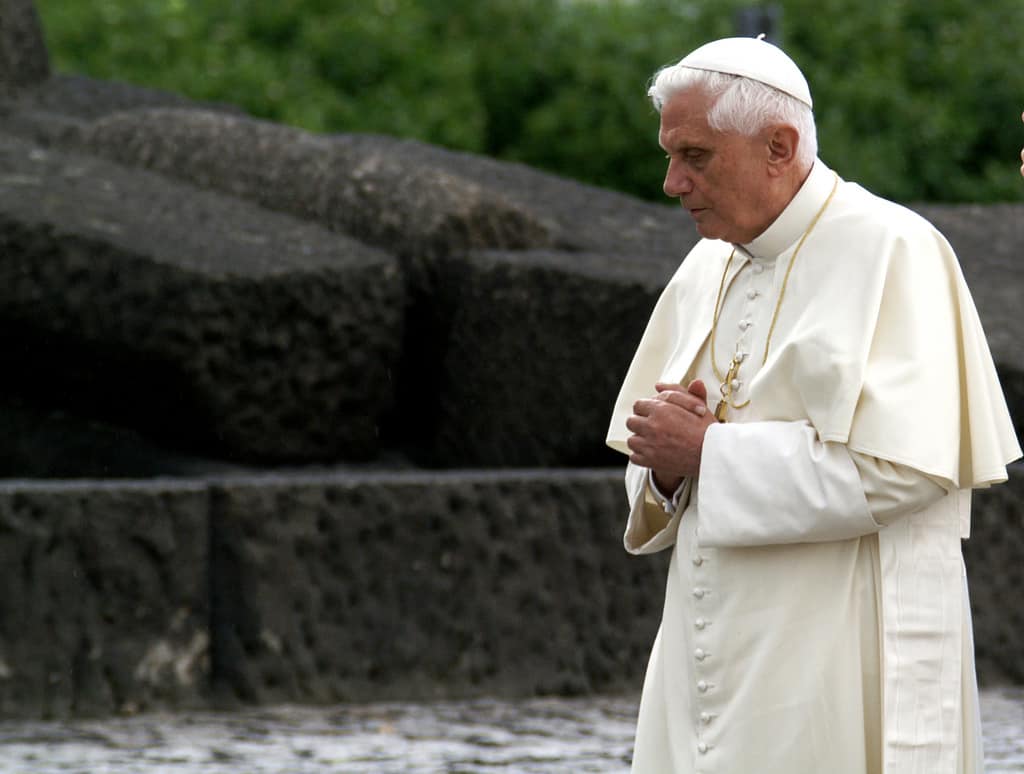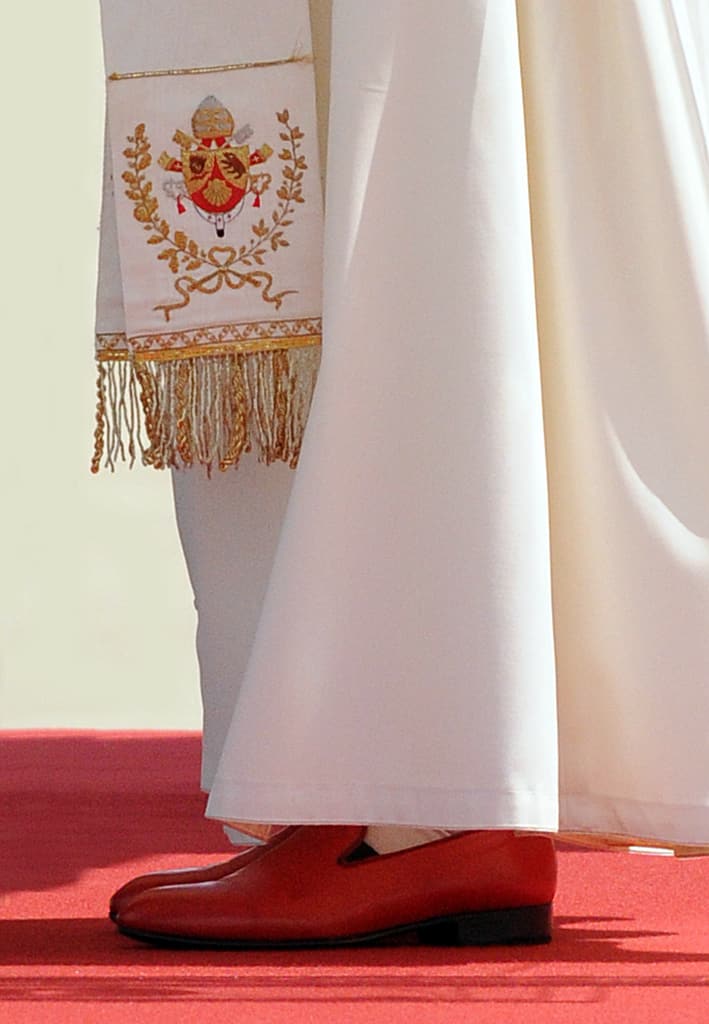Depending on how you count it, the Catholic Church has not has a Pope resign either since the years of multiple popes, which ended in 1415, or, more accurately and via George Weigel on NBC, since Celestine V in 1294. And in Celestine’s defense he was a hermit and a bit overwhelmed by being asked to be Pope. Those 719 years between resignations makes the pending departure of his Holiness – which will officially happen at 8PM on Thursday, February 28th – more than a bit of a rarity.
How did it happen? At the factual heart of the very brief statement in which Benedict himself made the announcement were these words:
“After having repeatedly examined my conscience before God, I have come to the certainty that my strengths, due to an advanced age, are no longer suited to an adequate exercise of the Petrine ministry. I am well aware that this ministry, due to its essential spiritual nature, must be carried out not only with words and deeds, but no less with prayer and suffering. However, in today’s world, subject to so many rapid changes and shaken by questions of deep relevance for the life of faith, in order to govern the bark of Saint Peter and proclaim the Gospel, both strength of mind and body are necessary, strength which in the last few months, has deteriorated in me to the extent that I have had to recognize my incapacity to adequately fulfill the ministry entrusted to me. For this reason, and well aware of the seriousness of this act, with full freedom I declare that I renounce the ministry of Bishop of Rome, Successor of Saint Peter”
The full statement, along with audio (in Latin), can be read here.
As for what we do now, there really isn’t a syllabus for how to deal with the resignation of a Pope. But while we don’t know exactly what is coming, we do know a few things:
- Canon Law: there are actually laws that allow for the resignation of a Pope, the specifics are found in Canon 332 §2 of the Code of Canon Law. It reads: “If it happens that the Roman Pontiff resigns his office, it is required for validity that the resignation is made freely and properly manifested but not that it is accepted by anyone.”
- What Now (for Benedict): That the Pope may resign, however, doesn’t tell us exactly what Benedict is going to do now. According to Vatican spokesman Fr. Frederico Lombardi, SJ, however, the former Pope will not take part in the conclave which will decide his successor and will move to the Papal vacation house, or villa, at Castel Gondolfo.
- What Now (for the Church): This we’re not so lost on. A conclave of all the 119 voting-eligible cardinals (those under
7580) will gather to elect the new Pontiff, likely on either the evening of February 28th or the morning of March 1. They will follow the normal procedure, which will require a 2/3 majority of those present, and about which you can read here. - Other Info: Tom Reese, SJ over at America Magazine has put up an excellent Q & A discussion that covers dozens of the questions we have in such tumultuous times.
What those three four bullet points don’t tell us is what this means, what we should feel. And this is even more true after we witnessed Pope John Paul II suffer from his age and infirmities before the eyes of the world. As does this tweet from Fr. Jim Martin, SJ:
Benedict XVI and John Paul II had different answers to the same question: Should a pope resign?God speaks differently in different cases.
— James Martin, SJ (@JamesMartinSJ) February 11, 2013
But we do have a few words from Benedict to help us understand his thinking, and not just those he said in his statement today about being “no longer suited” to the demands of being Pope. If we look back to what he said in 2010, in his book-interview Light of the World, we can read: “When the danger is great one must not run away. For that reason, now is certainly not the time to resign. Precisely at a time like this one must stand fast and endure the situation. That is my view. One can resign at a peaceful moment or when one simply cannot go on. But one must not run away from danger and say someone else should do it.” So, if we choose to trust, we can trust in the fact that this is not a flight away from responsibility, but one that comes with the best interests of the worldwide Church in his mind and heart.
Still, this is a point at which we have few answers. In some ways all that can be done in such a situation is return to the basics: know who we are, listen carefully to that holiest of Spirits, and prepare ourselves to respond with love and grace. After all, the soon-to-be-former Pope Benedict’s last tweet before the announcement is still true:
We must trust in the mighty power of God’s mercy. We are all sinners, but His grace transforms us and makes us new.
— Benedict XVI (@Pontifex) February 10, 2013
And so are the words he chose to close the announcement of his resignation: “With regard to myself, I wish to also devotedly serve the Holy Church of God in the future through a life dedicated to prayer.”
I am sure that many of us wish the same thing ourselves. I certainly do.



